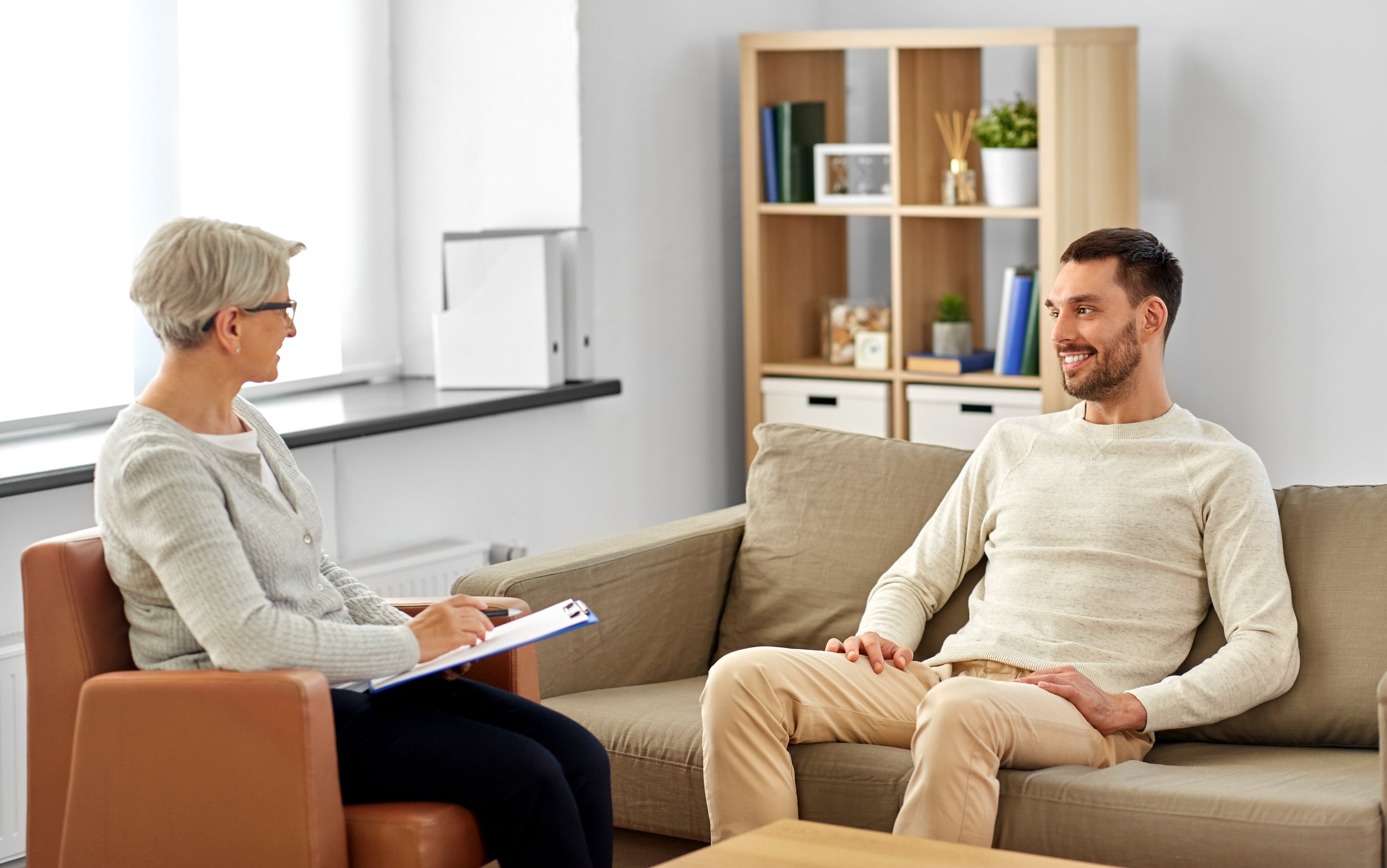The Benefits of PHP for Working Adults and Parents in Recovery
Trying to balance addiction recovery with the rest of life’s chaos is no small thing. Between work demands, parenting responsibilities, and just trying to keep up with the daily grind, many adults feel like they have to choose between getting help and keeping their lives from falling apart. That’s where PHP, or partial hospitalization programs, can be a real lifeline—especially for folks in places like Oceanside, California, where outdoor life, family values, and a strong work ethic run deep. These programs offer a different kind of structure, one that doesn’t pull people away from their real lives but instead fits into them. And for parents and working adults trying to stay on the recovery path, that flexibility can make all the difference.
Why PHP For Professionals Helps You Keep Your Career On Track
Let’s be honest. Most professionals can’t afford to vanish from their jobs for weeks at a time. They’ve got teams relying on them, clients to answer to, and responsibilities they can’t just drop. That’s exactly why PHP for professionals works so well. It gives you a structured, intensive treatment schedule during the day without asking you to leave your career behind. You still get therapy, group support, and clinical care, but without the added stress of explaining a long-term absence or trying to hide that you’re in recovery.
For working adults who are used to being “on” all the time, there’s something really grounding about having dedicated time each day for recovery without completely stepping out of their regular routine. You show up, do the work, and then head home—or even back to your desk if that’s what needs to happen. The focus stays on building better coping tools and healthier habits, all while keeping your paycheck and your place in the professional world intact.
In a place like Oceanside, where there’s a mix of white-collar careers, service industry hustle, and entrepreneurial drive, having an option like PHP for professionals lets people stay rooted in their work and community while still doing the heavy lifting of recovery.
How Flexible Rehab Programs Support Real-Life Schedules
When life doesn’t stop, your recovery can’t either. That’s the reality for most adults trying to juggle recovery with responsibilities at home, in the office, or both. That’s where flexible rehab programs come in. These aren’t one-size-fits-all setups that expect you to clear your calendar for months. They’re designed with real life in mind—because let’s face it, nobody has time to put their entire life on hold, no matter how badly they need help.
With flexible rehab programs, people can schedule sessions around work, parenting, and whatever else life throws at them. Maybe mornings are packed with daycare drop-offs and meetings, but afternoons offer a window. Or maybe evenings are your only free time once the kids are in bed. These programs are built to meet you where you are, not the other way around.
That kind of adaptability is a big deal in a place like Oceanside, where people are always on the move and deeply connected to their local lives. You’re not being whisked away to some retreat—you’re staying right where you are and building a better version of yourself within your everyday world. That’s what makes flexible rehab programs not just helpful, but truly sustainable for long-term recovery.
Day Treatment For Parents Offers Support Without Taking You Away From Your Kids
For parents, especially those with younger kids, the idea of disappearing for treatment can feel not just stressful, but impossible. Who’s going to do the school runs, make dinner, handle the meltdowns, or keep up with the bedtime stories? That’s where day treatment for parents becomes a game changer. It lets moms and dads get the intensive help they need while still being there when their kids need them most.
The structure of day treatment for parents usually means attending therapy and group support during the day, then going home at night. So you can process trauma and build tools for sobriety during the hours your kids are at school or daycare, then be home in time to help with homework and hear about their day. It’s a model that respects both your need for healing and your role as a caregiver.
There’s something powerful about showing your kids that you’re getting help, that you’re working on being a stronger, more present version of yourself. And in communities like Oceanside, where family life is front and center, having this kind of supportive, non-disruptive recovery option can be the difference between staying stuck and moving forward.
It also reduces a ton of guilt—something parents in recovery tend to carry like a second backpack. You’re not choosing between getting better and being a parent. You’re doing both. That’s huge.
The Connection Between PHP, IOP, And Mental Health Care
Once you get into the rhythm of PHP, it becomes clear that recovery isn’t just about cutting out substances—it’s about building a whole new way of approaching life. That’s where the connection between PHP, IOP, and mental health support really matters. Often, what’s fueling addiction isn’t just stress or bad choices—it’s untreated anxiety, depression, trauma, or all of the above.
A strong PHP program doesn’t just focus on sobriety in a vacuum. It integrates mental wellness into the picture, giving you access to therapy, medication support if needed, and space to unpack the stuff that’s been weighing you down for years. When paired with IOP as a next step or ongoing care model, it gives you a full spectrum of support—without pushing you into long-term inpatient stays.
This kind of care structure is particularly valuable in busy areas like Oceanside, where life keeps moving fast and people need mental health support that doesn’t feel like a separate part of life. It needs to fold into everything else—your job, your parenting, your identity. PHP gives you that. It’s a daily checkpoint for your mental and emotional wellbeing, not just a box you check so you can say you went to treatment.
Why Oceanside Makes PHP Feel Less Like Treatment And More Like A Reset
Let’s not ignore the setting. Oceanside has a vibe to it—laid back, family-oriented, a little bit earthy and a little bit driven. People come here to surf, raise kids, build businesses, and feel like they’re part of something real. That kind of environment makes recovery feel more human. It’s not just fluorescent lights and plastic chairs. It’s fresh air, ocean views, and the kind of community where people actually look you in the eye.
For working adults and parents, that means recovery feels less like being isolated and more like coming back into your life with new tools and a clearer head. You’re not just sitting in a room talking about your past. You’re walking out of therapy and into a real, breathing world where you can put what you’re learning into practice every single day.
A PHP program in Oceanside lets you stay connected to all the parts of your life that matter most—your work, your kids, your identity—while still getting serious, structured care. It’s not about taking you out of your life. It’s about helping you live it better.
No Need To Disappear To Get Better
At the end of the day, people shouldn’t have to vanish to work on themselves. Recovery can and should happen in the middle of real life—jobs, kids, commutes, and all. That’s exactly what PHP for professionals, flexible rehab programs, and day treatment for parents are built for. They don’t ask you to pause your entire life. They help you build a life you don’t feel the need to escape from. And that’s a recovery worth showing up for.


